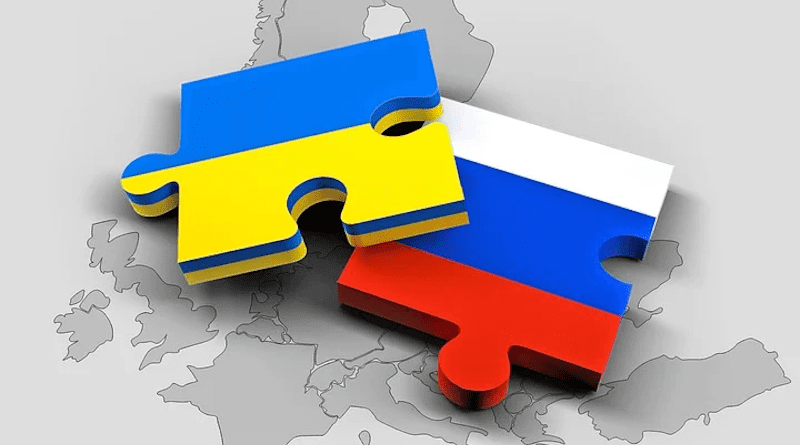Moscow Experts Debate Whether Russia Should Or Even Can Organize A Partisan Movement In Ukraine – OpEd
By Paul Goble
On the occasion of the Day of Partisans and Underground Workers, which has been held in Russia every year since 2010 to commemorate the more than one million Soviet partisans behind German lines in World War II, Moscow experts are debating whether Russia should or even can organize a similar movement in Ukraine today.
Moscow’s Vzglyad newspaper quotes four of them. Sergey Kozlov, a retired GRU officer, says that there are good chances to make use of the World War II precedent but says it is important to keep in mind that there is a big difference between using partisan methods and organizing a partisan movement (vz.ru/society/2023/6/29/1218737.html).
For the first, there are all kinds of possibilities, he suggests; but for the latter, the situation is less clear; and more investigations and planning need to be done.
Sergey Goncharov, president of the Association of Alpha Counter-Terrorist Veterans, in contrast, “doubts that it will be possible to organize a full-scale partisan movement” in Ukraine given the lack of massive protests by the population of Ukraine against the government there, a precondition for the formation of such groups.
As a result, he says, there simply isn’t any basis in Ukraine for the formation of a World War II-style partisan movement. “I frequently was in Kyiv and saw how with each year, the attitude of my comrades … has become only worse,” adding that Moscow ahs “lost three generations of Ukrainians” and will need a great deal of time to reverse the situation.”
Aleksey Nechayev, a Ukrainian political scientist, is more optimistic about Moscow’s possibilities saying that there is a core group of Ukrainians who would take part if they thought that it could bring them victory. And he stresses that is true not only in the east but even as far west as Lviv.
He suggests that Moscow should organize partisan detachments by recruiting from Ukrainians who have moved to Russia since the start of the war and even become part of the Russian army. They will know local conditions best and will be able to be effective allies of Russian forces.
Aleksandr Perendzhiyev, a psychologist at the Russian Economics University and a member of the experts’ council of Officers of Russia, agrees with Nechayev and says that any partisan groups must consist of people who have already shown their loyalty to Russia but who know local conditions well.

